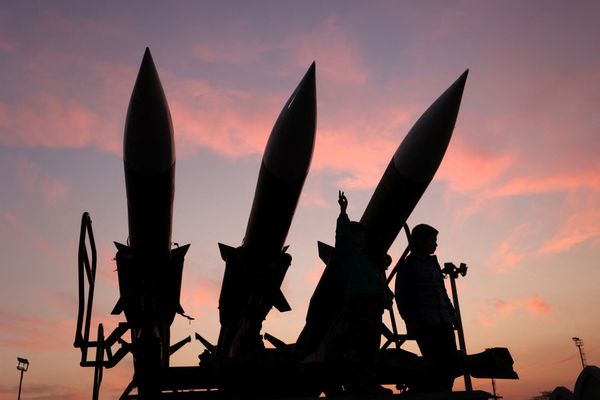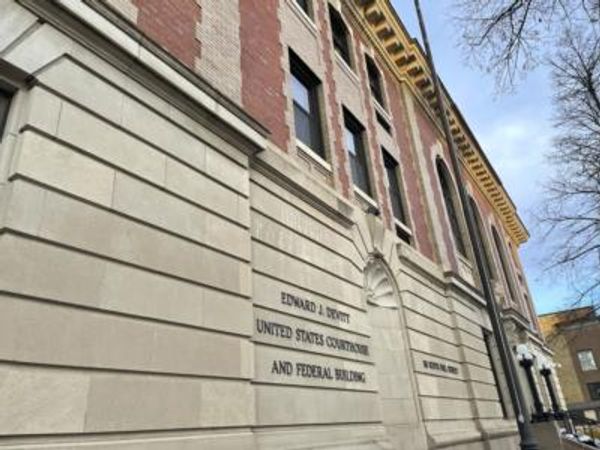Tesla (TSLA) shares extended their longest winning streak since last November Tuesday as the carmaker delivered the first-ever Model Y sedan made in its Berlin factory.
The ceremony, which included an appearance from Germany's Chancellor, Olaf Scholz, marked the beginning of deliveries from Tesla's key European manufacturing hub -- which received conditional approval from authorities in the Berlin-Brandenburg region earlier this month -- that is ultimately slated to produce around 500,000 vehicles a year.
It will also ease capacity pressures on gigafactories in Freemont, California and Shanghai as Tesla, along with virtually every other carmaker in the world, grapples with labor and input cost increases alongside supply chain challenges and parts delays.
Elon Musk called it "a great day for the factory (and) another step in the direction of a sustainable future".
Tesla, in fact, shutdown production its Shanghai plant for two days last week amid a Covid outbreak in China's second-largest city that has closed schools and triggered regional travel restrictions.
"In 2021, 50% of all Teslas were produced at Giga Shanghai, and it has become the international export hub," said Canaccord Genuity analyst Jed Dorsheimer, who carried a 'buy' rating with a $1,200 price target on Tesla stock. "The opening of Giga Berlin is a critical step for Tesla to localize supply chains and production in Europe, and given the increased geopolitical tension focused on Russia and China, this plant de-risks Tesla’s heavy China dependence."
Tesla shares were marked 8.1% higher in late afternoon trading Tuesday trading to change hands at $996.55 each, a move that would extend the stock's win streak to a sixth consecutive session, the longest since last November.
Tesla cautioned earlier this year that supply-chain disruptions have held back production capacity and will impact the pace of near-term output, a warning that took some of the gloss from a record fourth quarter, which saw revenues rise 65% from last year to an-all time high of $17.72 billion.
Earlier this month, in fact, raised prices on its best-selling models in the U.S. and China for the second time in a week amid what Musk called "significant recent inflation pressure in raw materials & logistics” as a result of the recent ramp in global commodity prices, which he linked to the ongoing war between Russia and Ukraine.
Raw materials prices, as well as labor costs linked to Tesla's overall production cycles, have risen steadily over the past year, while Nickel prices -- a crucial component in EV battery making which briefly topped a record high $100,000 per ton on the London Metals Exchange in early March -- closing Tuesday at around $27,000 per ton.
"The pace of growth in 2022 will, again, be determined by supply chain and logistics, which is quite difficult for us to forecast," CFO Zach Kirkhorn told investors on a conference call in late January. "Despite these constraints, it's important to begin the ramp of Austin and Berlin to ensure that we are prepared once limitations ease, enabling us to increase total output more quickly in the future."







